Discover the top 5 cryptocurrencies taking the world by storm! From Bitcoin to Ethereum, dive into the exciting world of digital currencies now.
Table of Contents
5 Most Popular Cryptocurrencies

Cryptocurrencies have taken the financial world by storm, revolutionizing the way we think about money. In this article, we will explore the top 5 most popular cryptocurrencies that have captured the attention of investors and enthusiasts alike.
From the pioneer, Bitcoin, to the smart contract platform, Ethereum, these digital currencies have made a significant impact on the global economy. Ripple, with its focus on bridging the gap in financial transactions, and Litecoin, often referred to as the silver to Bitcoin’s gold, have also gained a strong following.
Not to be forgotten is Cardano, a blockchain platform that promises a bright future for decentralized applications. With the rise of cryptocurrencies, it is essential to stay informed about their potential and pitfalls. So, join us as we dive into the world of cryptocurrencies and discover the top 10 contenders that are shaping our financial landscape.
Bitcoin: The Pioneer of Cryptocurrencies

Now let me tell you about Bitcoin – the cryptocurrency that started it all! Bitcoin was created in 2009 by an anonymous person or group of people using the pseudonym Satoshi Nakamoto. It became the first decentralized cryptocurrency, meaning that it operates without a central authority like a government or financial institution.
Bitcoin’s popularity skyrocketed due to its revolutionary technology and the idea of a digital currency that could be used for secure and anonymous transactions. Its limited supply of 21 million coins and the use of blockchain technology for verification and transparency added to its appeal.
Today, Bitcoin remains the most popular and widely recognized cryptocurrency, with a market dominance of over 50%. Its success has paved the way for the emergence of thousands of other cryptocurrencies, making it the pioneer of the digital currency revolution.

Ethereum: The Smart Contract Platform

Explore Ethereum, the platform that revolutionizes the way you engage with smart contracts and empowers you to create decentralized applications. Launched in 2015 by Vitalik Buterin, Ethereum is the second most popular cryptocurrency after Bitcoin.
It goes beyond being just a digital currency, as it operates on a decentralized blockchain network that enables the execution of smart contracts. These contracts are self-executing agreements with predefined rules and conditions, eliminating the need for intermediaries. Ethereum’s native cryptocurrency, Ether (ETH), fuels the network and is used to pay for transaction fees and computational services.
The platform’s flexibility and programmability make it a favorite among developers who build decentralized applications (dApps) on top of Ethereum. With its innovative technology, Ethereum opens up endless possibilities for creating decentralized solutions across various industries.
Ripple: Bridging the Gap in Financial Transactions
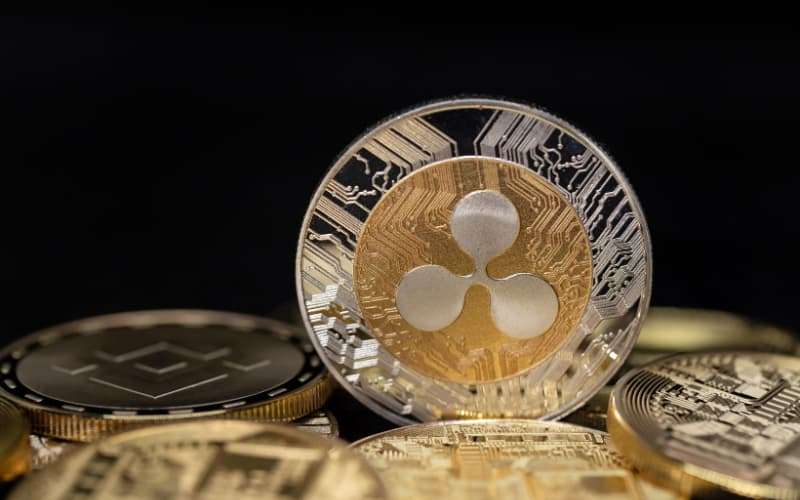
Discover how Ripple is revolutionizing financial transactions and bridging the gap between traditional banking systems and the world of digital assets. Ripple, unlike other cryptocurrencies, is designed to enable fast, low-cost international money transfers.
It aims to solve the inefficiencies and delays associated with traditional cross-border transactions by providing a decentralized network that allows financial institutions to transfer any type of currency seamlessly. Ripple’s native cryptocurrency, XRP, is used as a bridge currency, facilitating the transfer of value between different fiat currencies.
This eliminates the need for multiple intermediaries and reduces transaction costs. Ripple’s technology has gained significant interest from major financial institutions worldwide, including Santander and American Express, who have partnered with Ripple to experiment with its blockchain solutions. With its focus on improving the speed and cost-effectiveness of global transactions, Ripple has the potential to revolutionize the way money moves across borders.
READ ALSO: CRYPTO TRADING FOR BEGINNERS
Litecoin: The Silver to Bitcoin’s Gold
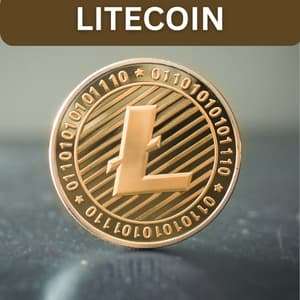
The rise of Litecoin has captivated the crypto world, positioning itself as the silver to Bitcoin’s gold, offering a faster and more efficient alternative to traditional financial systems. Created by Charlie Lee, a former Google engineer, Litecoin was launched in 2011 and has gained significant popularity since then.
Similar to Bitcoin, Litecoin operates on a decentralized network, utilizing blockchain technology for secure and transparent transactions. However, Litecoin differentiates itself by employing a different hashing algorithm, allowing for faster transaction confirmations.
With a block time of just 2.5 minutes compared to Bitcoin’s 10 minutes, Litecoin offers quicker transaction speeds and lower fees. This has made it an attractive option for users looking for a more practical and scalable cryptocurrency.
Additionally, Litecoin has also implemented the Lightning Network, further enhancing its capabilities for fast and cheap transactions. Overall, Litecoin’s unique features and growing adoption have solidified its position as a prominent player in the cryptocurrency market.
Cardano: A Blockchain Platform for the Future
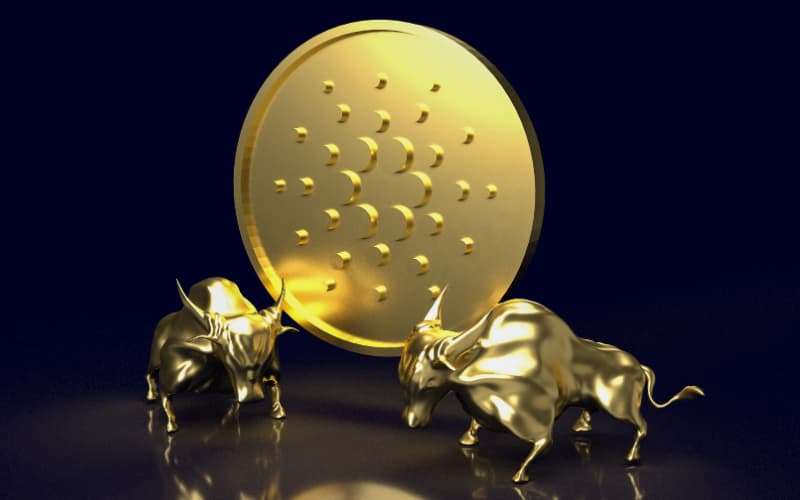
Immerse yourself in the innovative world of Cardano, a blockchain platform that promises to revolutionize the future of decentralized technology. With its robust infrastructure and advanced protocols, Cardano aims to provide a secure and scalable solution for building decentralized applications.
Developed by a team of experts and scientists, Cardano leverages a unique proof-of-stake consensus algorithm called Ouroboros, which ensures the integrity and reliability of the network. This algorithm also allows for sustainable and energy-efficient operation, making Cardano an environmentally friendly choice.
Additionally, Cardano incorporates a multi-layered architecture that separates smart contracts from the settlement layer, enhancing security and flexibility. Moreover, Cardano’s focus on academic research and peer-reviewed development ensures that the platform evolves through scientific scrutiny and innovation. With its ambitious goals and cutting-edge technology, Cardano is poised to shape the future of blockchain and redefine the possibilities of decentralized applications.

Frequently Asked Questions
What is the current market value of Bitcoin and how has it changed over the years?
The current market value of Bitcoin is X dollars. Over the years, it has experienced significant fluctuations, with rapid growth and occasional declines, making it a highly volatile and unpredictable investment.
How does Ethereum’s smart contract platform differ from traditional contract systems?
Ethereum’s smart contract platform differs from traditional contract systems by allowing for self-executing contracts with predefined rules. It eliminates the need for intermediaries, increases transparency, and enables automated transactions, making it more efficient and cost-effective.
What factors contribute to Ripple’s ability to bridge the gap in financial transactions?
Ripple’s ability to bridge the gap in financial transactions is contributed by factors such as its fast transaction speed, low fees, scalability, and partnerships with major financial institutions, making it an attractive choice for cross-border payments.
In what ways does Litecoin differentiate itself from Bitcoin and other cryptocurrencies?
Litecoin differentiates itself from Bitcoin and other cryptocurrencies through its faster block generation time and a different hashing algorithm. It aims to provide faster transactions and a more efficient mining process compared to Bitcoin.
What specific features of Cardano’s blockchain platform make it ideal for future applications?
Cardano’s blockchain platform stands out for its features designed for future applications. Its focus on scalability, security, and sustainability, along with its peer-reviewed approach, make it an ideal choice for innovative and advanced use cases.
Conclusion
In conclusion, the world of cryptocurrencies is constantly evolving, with new players entering the market and disrupting traditional financial systems. Bitcoin remains the pioneer, Ethereum offers innovative smart contract capabilities, Ripple aims to revolutionize cross-border transactions, Litecoin provides a faster and more scalable alternative to Bitcoin, and Cardano presents a promising blockchain platform.
These popular cryptocurrencies each have their unique strengths and continue to gain popularity among investors and users alike. As the crypto market continues to grow, it will be interesting to see how these currencies and others shape the future of finance.
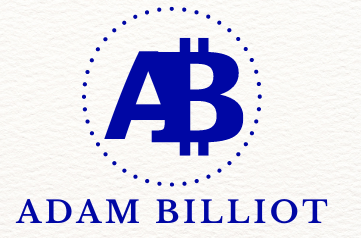





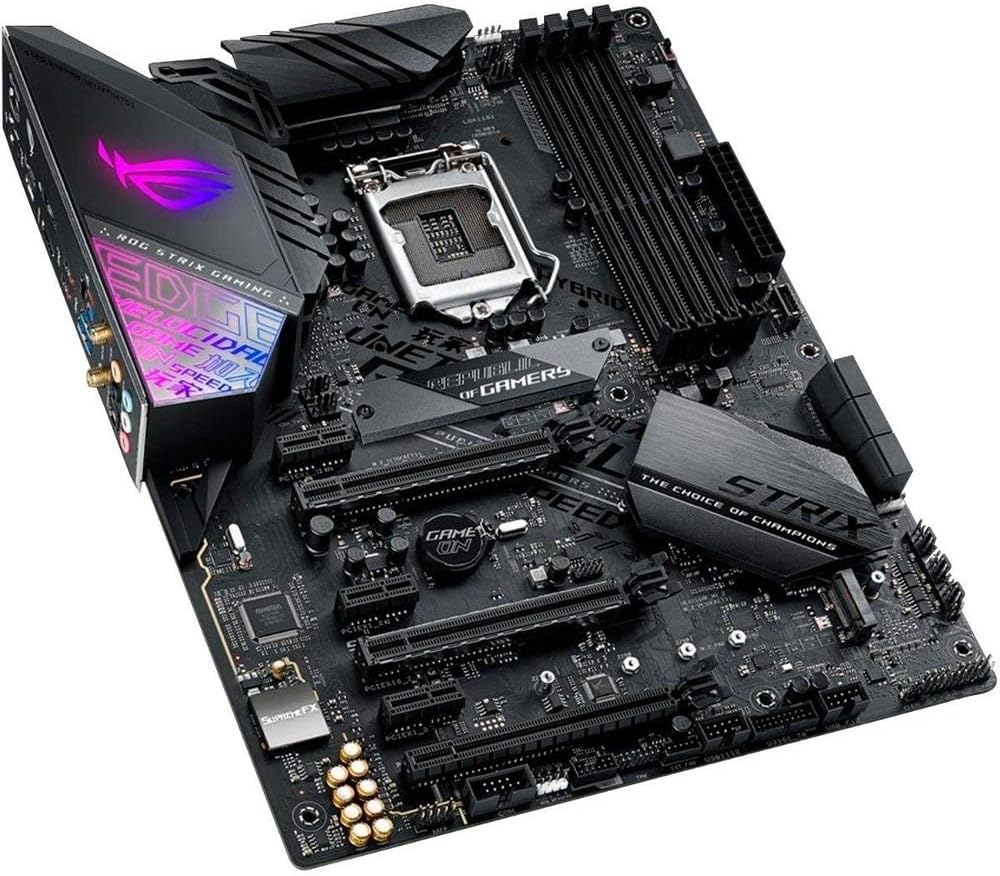






 Bitcoin
Bitcoin  Ethereum
Ethereum  Tether
Tether  XRP
XRP  USDC
USDC  Lido Staked Ether
Lido Staked Ether